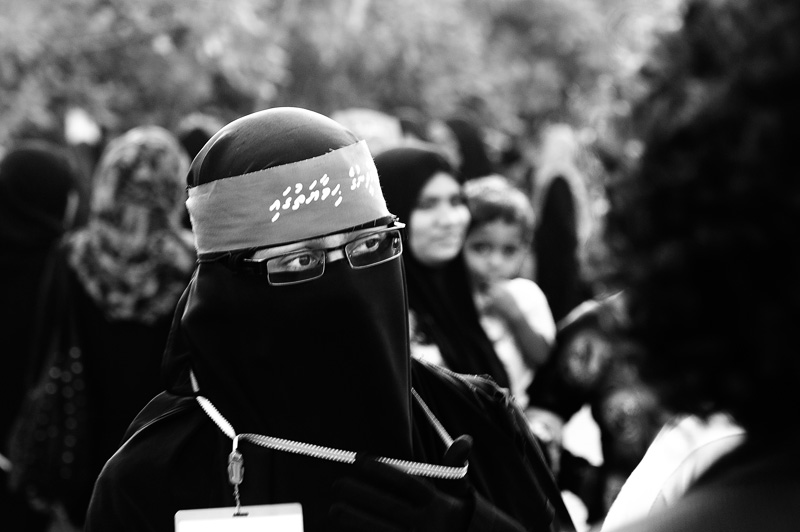And the killer is…
The government knows who killed MP Afrasheem Ali.
The Minister of Home Affairs Mohamed Jameel Ahmed has appeared in the media twice in the last week to repeat the claim. Both times he stopped short of sharing the knowledge with the public.
The first time was on 24 November, when Haveeru reported Jameel as saying “MP Afrasheem’s murderer has been found”. The only thing he shared with reporters, however, was his incredulity that the murder had been premeditated in great detail. He observed gravely:
This is a matter of serious concern.
In another Haveeru piece, on the same subject the same day, Jameel also implied that the murder involved politicians with money and violent gangs of disaffected youth, all with the potential to be hired hit men. Again, he chose not to reveal who was involved in the suggested assassination.
Although Jameel said the killer has been found but, according to Police Commissioner Abdulla Riyaz, the investigation is ongoing. He was on-message with Jameel, though, when it came to government policy for sharing information with the public:
…details will be revealed as soon as it is time to reveal them.


